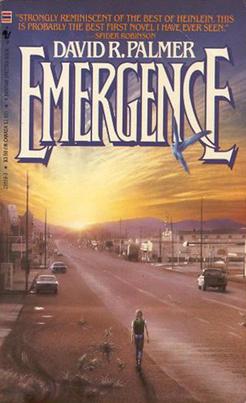 |
| Coming soon to a Kindle near you! |
We've been at this whole blogging thing for about a year now and I think we've amassed a large and dedicated enough fanbase to finally release a book! The track record so far for physicist-writers has been
quite good of late, so we figured why not us?
Well, lots of reasons actually. For one thing, it's
really hard. Books are, like,
hundreds of pages long. I barely stay coherent and on-topic in a one page blog post. For another thing, it takes lots of time. I hardly have enough time to do my laundry in time scales deemed "socially acceptable." How could I ever find the time to write a book?
Despite these potential setbacks, the millions and millions of dollars that writers make still seems really appealing. Who wouldn't want to be rich and popular forever. I mean, just look at Oscar Wilde, Edgar Allan Poe and Herman Melville!
Luckily, a solution presented itself. I don't have time to write a book now, but I found an old copy of my novel
Blue Dragon laying around the house that I was able to sell using the immense popularity of the Virtuosi brand. The book will be published this summer by Clark Hall Publishing. Here are a few advance reviews:

































